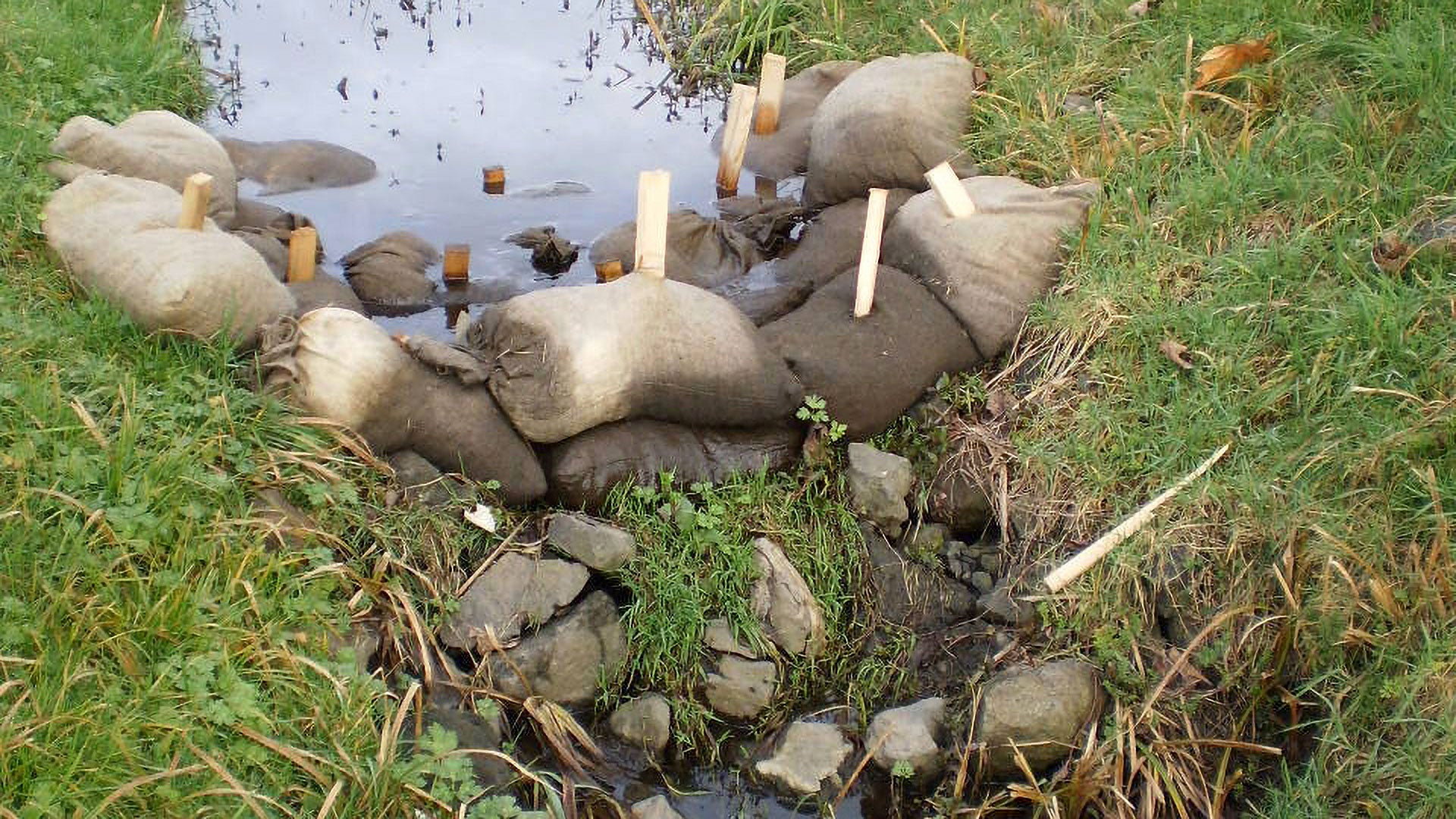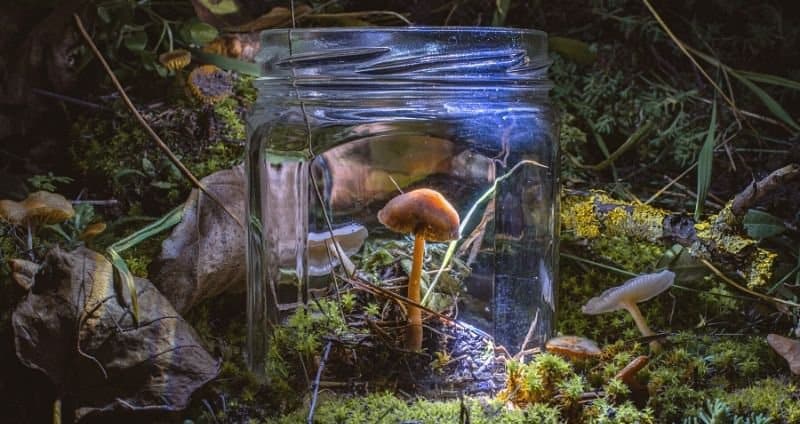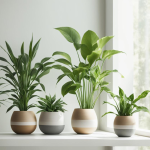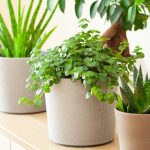Okay, so I’ve been messing around with this whole mycofiltration thing, trying to see if mushrooms can actually help clean up pesticide-ridden water. It’s been a wild ride, let me tell you!
Getting Started
First, I had to figure out which mushroom to even try. I did a bunch of reading, looking at all sorts of forums and articles. It felt like everyone had a different opinion, and some of it was way over my head, super scientific.

I finally decided to focus on a few types that seemed promising and, more importantly, were easy for me to get my hands on. I ended up looking mostly at oyster mushrooms (Pleurotus ostreatus) and some Turkey Tail (Trametes versicolor).
Setting Up the Experiment
This part was tricky. I’m not a scientist, so I had to improvise a lot. I basically got some straw, pasteurized it (basically cooked it to kill off any bad stuff), and then mixed in the mushroom spawn (that’s like the mushroom “seeds”).
I packed the straw-spawn mix into these plastic containers, and let them sit for a while. The mycelium (the white, root-like stuff) started growing, and it was pretty cool to watch. It’s like a little living network taking over the straw.
Next, I mixed up some water with a bit of pesticide – the kind you might find runoff from a farm. I tried to keep it somewhat consistent, but, again, I’m not working in a fancy lab here.
The Filtration Process
I slowly poured the pesticide water through my mushroom-filled containers. I had some control containers too, just with plain straw, to see if the straw itself was doing anything.
Then came the waiting game. I collected the water that dripped out the bottom and tried to measure how much pesticide was left. This was the hardest part, honestly. I used some test strips, but I’m not 100% sure how accurate they are. It’s more about seeing a general trend than getting super precise numbers.
The Results (So Far!)
Okay, so here’s the thing: It looks like the mushrooms did make a difference. The water that went through the mushroom blocks had less pesticide than the water that just went through the plain straw.

The oyster mushrooms seemed to do a pretty good * Turkey Tail also did a decent job, but I found it a bit tougher to work with.
Important note: This is all just my backyard experiment. Don’t go eating mushrooms that you think have filtered pesticides! I’m just trying to see if this whole concept has potential.
What’s Next?
I’m definitely going to keep messing around with this. I want to try different types of mushrooms, different substrates (the stuff the mushrooms grow in), and maybe even different pesticides. It’s a surprisingly fascinating project, and I’m learning a ton along the way. It feels good to be doing something, even on a small scale, that could potentially help the environment. Maybe I’m not the most accurate in a scientific manner, but it really makes you think on if it’s possible, I hope I get it right one day!





















